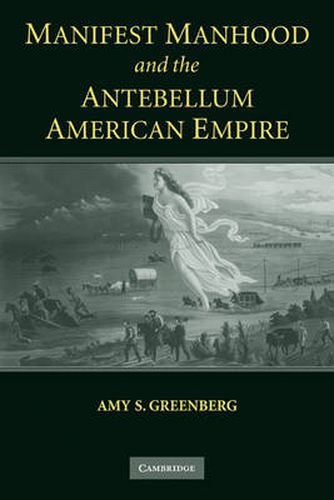Readings Newsletter
Become a Readings Member to make your shopping experience even easier.
Sign in or sign up for free!
You’re not far away from qualifying for FREE standard shipping within Australia
You’ve qualified for FREE standard shipping within Australia
The cart is loading…






The US-Mexico War (1846-1848) brought two centuries of dramatic territorial expansionism to a close, seemingly fulfilling America’s Manifest destiny. Or did it? As politicians schemed to annex new lands in Latin America and the Pacific, some Americans took expansionism into their own hands. From 1848-1860, an epidemic of unsanctioned attacks by American mercenaries (filibusters) took place. This book documents the potency of Manifest destiny in the antebellum era, and situates imperial lust in the context of social and economic transformations that were changing the meaning of manhood and womanhood in the US. Easy victory over Mexico in 1848 led many American men to embrace both an aggressive vision of expansionism and an equally martial vision of manhood. Debates about the propriety of aggression abroad polarized the public at home, shaping antebellum Presidential elections, foreign policies, gender relations, and ultimately the failure of sectional compromise before the Civil War.
$9.00 standard shipping within Australia
FREE standard shipping within Australia for orders over $100.00
Express & International shipping calculated at checkout
The US-Mexico War (1846-1848) brought two centuries of dramatic territorial expansionism to a close, seemingly fulfilling America’s Manifest destiny. Or did it? As politicians schemed to annex new lands in Latin America and the Pacific, some Americans took expansionism into their own hands. From 1848-1860, an epidemic of unsanctioned attacks by American mercenaries (filibusters) took place. This book documents the potency of Manifest destiny in the antebellum era, and situates imperial lust in the context of social and economic transformations that were changing the meaning of manhood and womanhood in the US. Easy victory over Mexico in 1848 led many American men to embrace both an aggressive vision of expansionism and an equally martial vision of manhood. Debates about the propriety of aggression abroad polarized the public at home, shaping antebellum Presidential elections, foreign policies, gender relations, and ultimately the failure of sectional compromise before the Civil War.